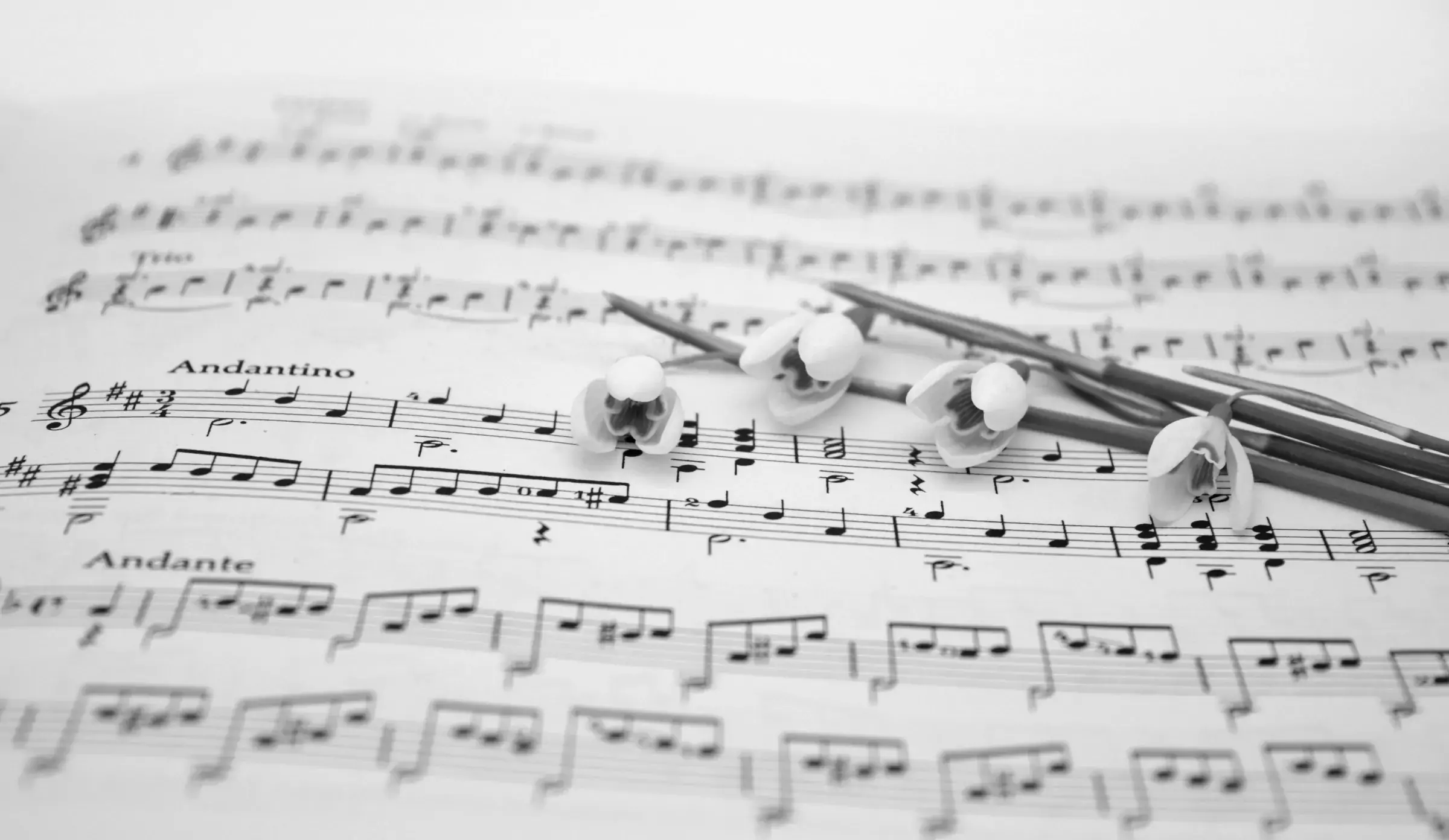
Spotlight on our senses
Smell, taste, sight, hearing, and touch – our senses are the key to how we perceive the world around us. But there are more senses than the five you learned in school. Proprioception allows us to know where our body parts are and without the sense of balance we would topple over quite quickly. Here we explore how our senses work and what happens when they fail or are deceived by illusions.
 Photo: Comfreak from Pixabay
Photo: Comfreak from PixabayAwareness of one’s own body is based on uncertainty and guesses
Researchers at Karolinska Institutet have found that the perception of one's own body is largely based on the brain making guesses based on probability theory. The results are shown in a study recently published in the journal eLife.
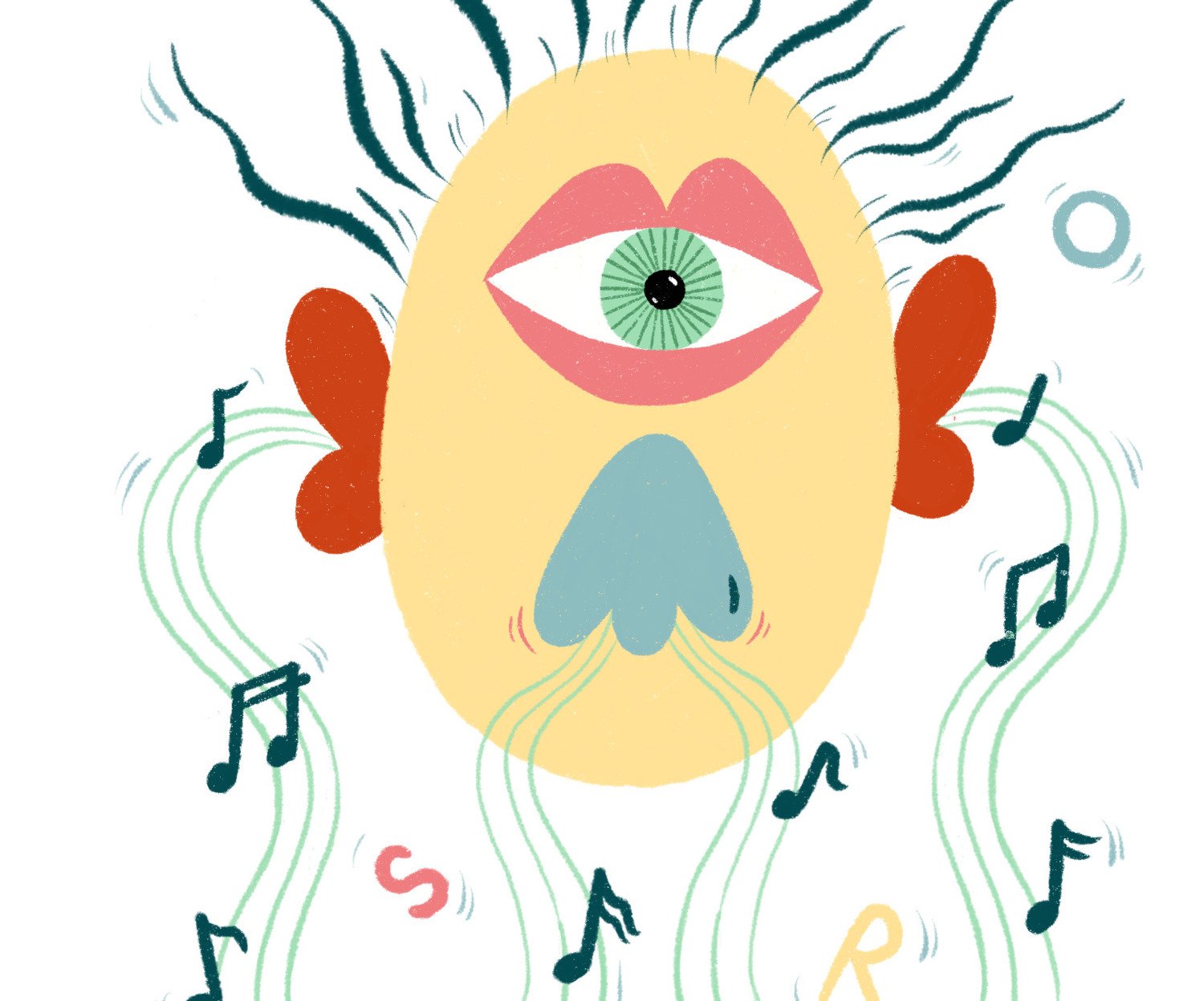 Photo: Sara Bergebo
Photo: Sara BergeboSynesthesia: A colourful ability
What does the colour red sound like? Only someone with synesthesia can hear it. Now researchers are learning more about the ability to make unusual sensual connections.
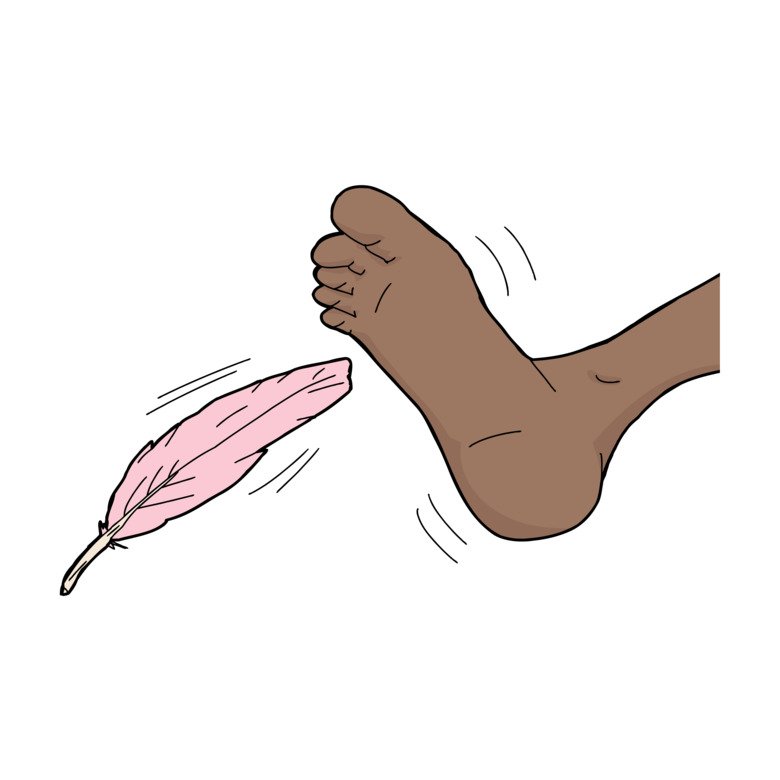 Photo: Konstantina Kilteni
Photo: Konstantina KilteniWhy can't you tickle yourself?
The answer to this question is not just interesting to know. It also offers clues to the mechanisms behind schizophrenia, explains Konstantina Kilteni, researcher at the department of neuroscience.
 Photo: Martin Stenmark
Photo: Martin StenmarkJohan Lundström sniffs out new knowledge
Scented television, questions about farts and the smell of newborn babies. Johan Lundström's days include everything from treating smell loss to researching how our sense of smell actually works.
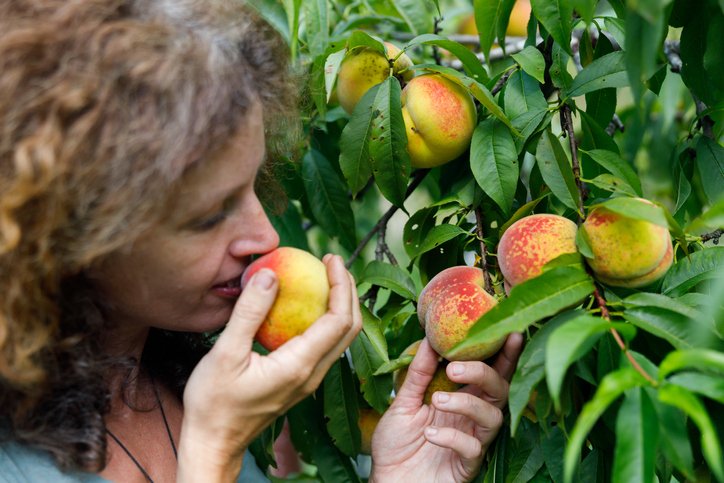 Photo: Getty Images
Photo: Getty ImagesPeople around the world like the same kinds of smell
What smells we like or dislike is primarily determined by the structure of the particular odour molecule. An international study shows that people share odour preferences regardless of cultural background.
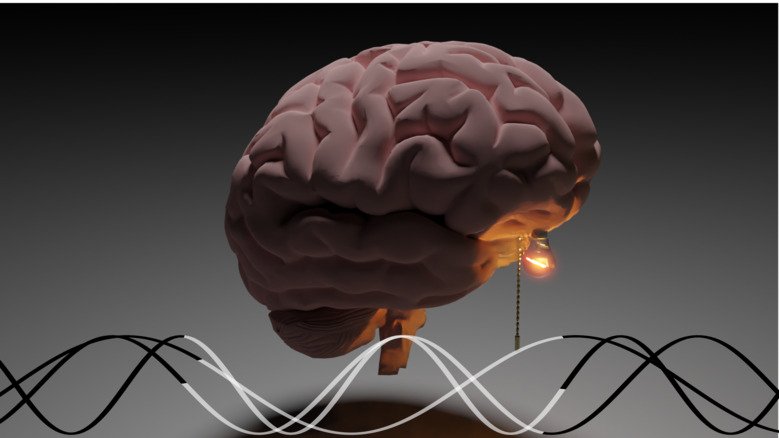 Photo: Illustration: Behzad Iravani.
Photo: Illustration: Behzad Iravani.Sense of smell is our most rapid warning system
The ability to detect and react to the smell of a potential threat is a precondition of our and other mammals’ survival. Using a novel technique, researchers at Karolinska Institutet have been able to study what happens in the brain when the central nervous system judges a smell to represent danger.
 Photo: Getty Images
Photo: Getty ImagesSmells deceive the brain – are interpreted as taste
Flavoured drinks without sugar can be perceived as sweet – and now researchers know why. A new study from Karolinska Institutet, published in the journal Nature Communications, reveals that the brain interprets certain aromas as taste.
 Photo: Getty Images,Getty Images/iStockphoto
Photo: Getty Images,Getty Images/iStockphotoHearing loss — easy to prevent but hard to cure
One billion young people risk hearing loss in the future if they continue to listen to their headphones at too high a volume. To develop treatments, researchers need to solve the mysteries of the cochlea - well hidden in the inner ear, a pea-sized organ embedded in bone a few centimeters inside the outer ear.
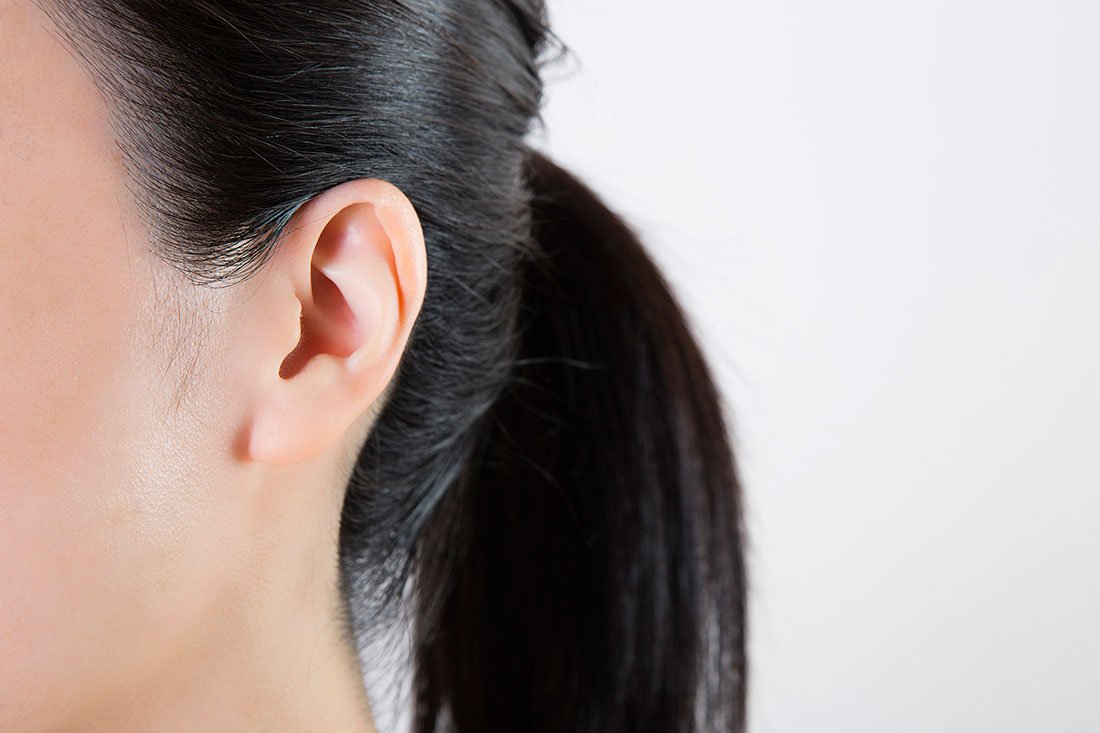
New knowledge on tinnitus gives hope
Tinnitus is a phantom sound that can be very stressful and reduce the quality of life for the sufferer. Effective treatment methods are lacking, but new research gives hope for the future.
 Photo: Pixabay CC0
Photo: Pixabay CC0They see the power of music
Music can be used as therapy, a path to emotional awareness or as a powerful research tool. Meet three researchers with different doorways into the world of music.
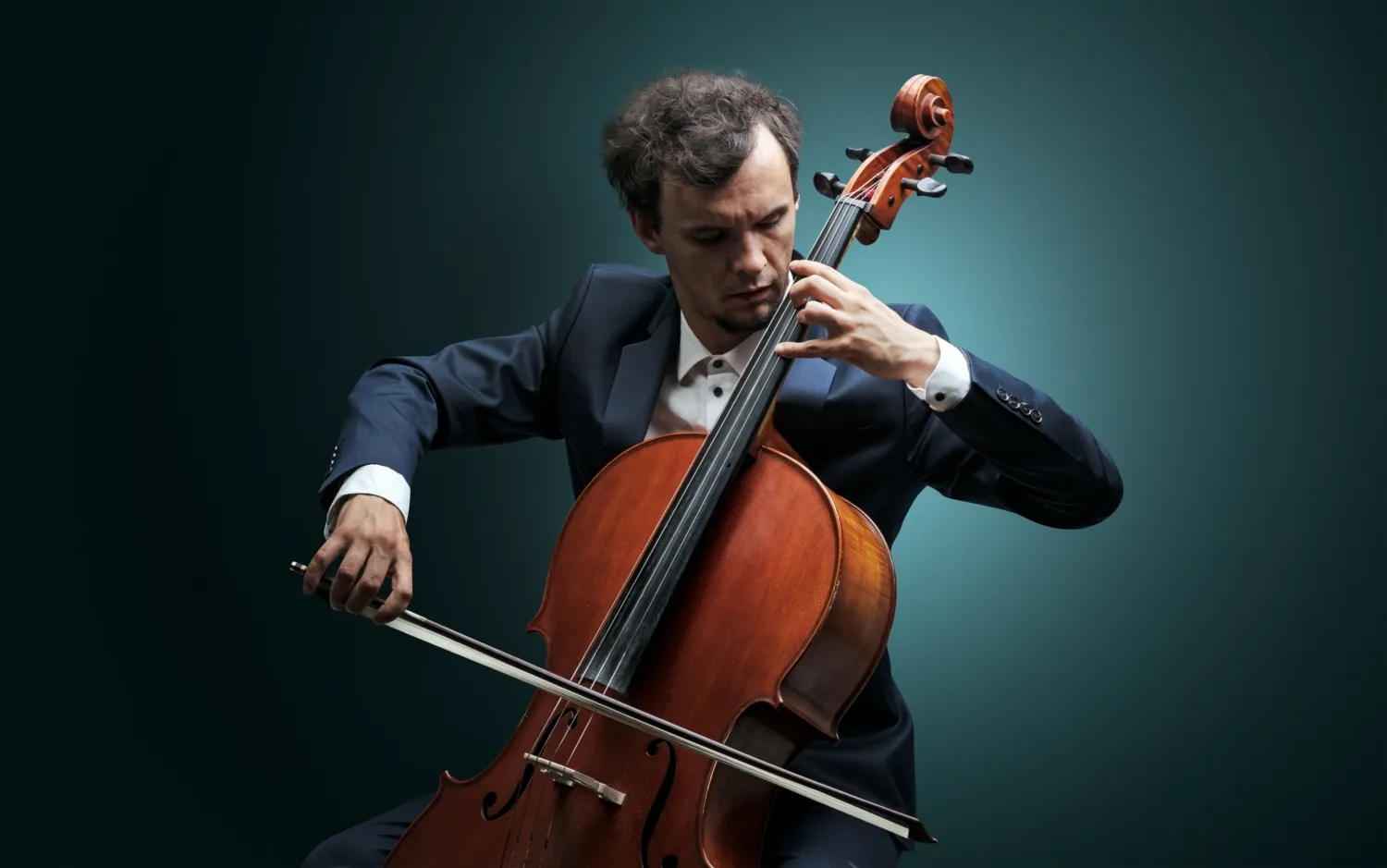 Photo: Getty Images,Getty Images/iStockphoto
Photo: Getty Images,Getty Images/iStockphotoMusic training can help the brain focus
Musical people find it easier to focus their attention on the right sounds in noisy environments. This is shown in a new study from Karolinska Institutet. The results suggest that music training can be used to sharpen attention and cognition.
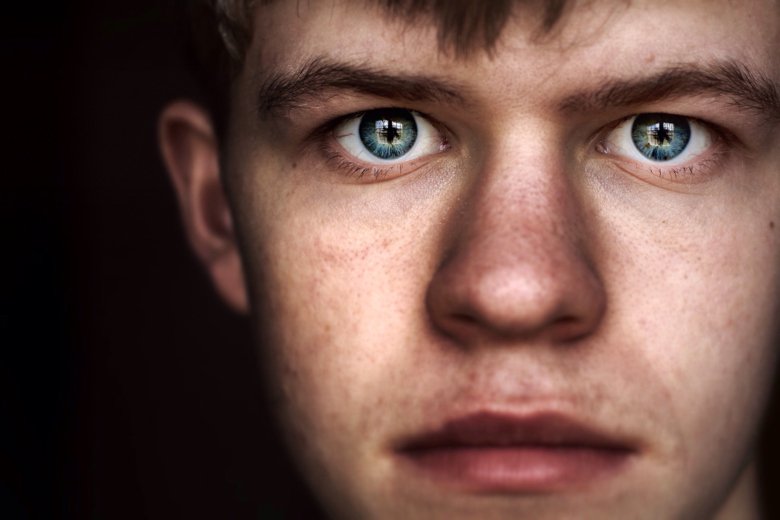 Photo: GettyImages,Getty Images/iStockphoto
Photo: GettyImages,Getty Images/iStockphotoThe language of the eyes
You can drown in someone's eyes, or they might burn a hole right through you. The gaze is a shortcut to people's inner world, something researchers try to exploit to learn more about, for example, autism. Read an in-depth article about the language of the eyes from our popular science magazine Medicinsk Vetenskap.
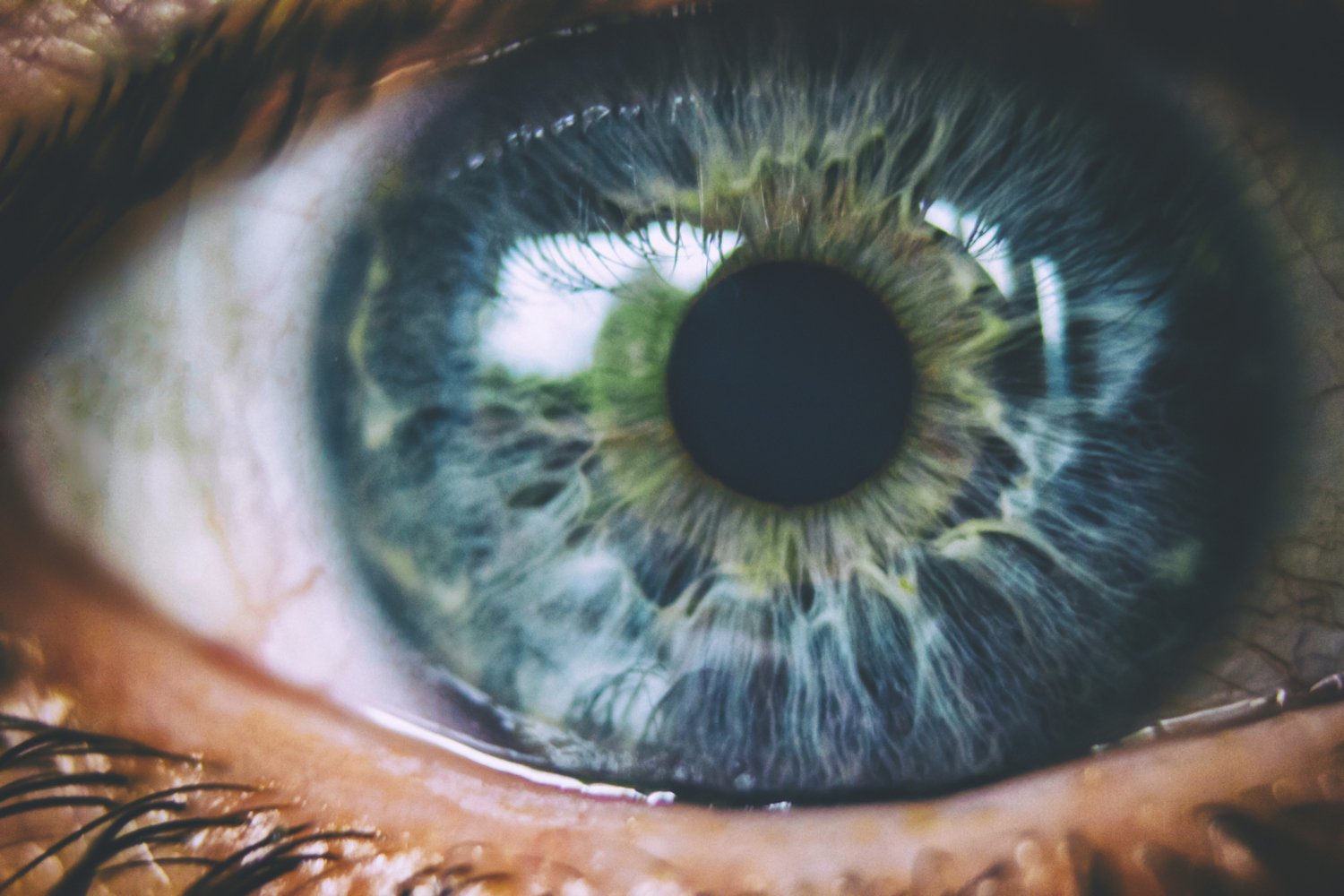 Photo: Getty Images.
Photo: Getty Images.Vitamin supplements slow down the progression of glaucoma
A vitamin supplement that improves metabolism in the eye appears to slow down damage to the optic nerve in glaucoma. Promising results have been published in the journal Cell Reports Medicine. The researchers behind the study have now started a clinical trial on patients.
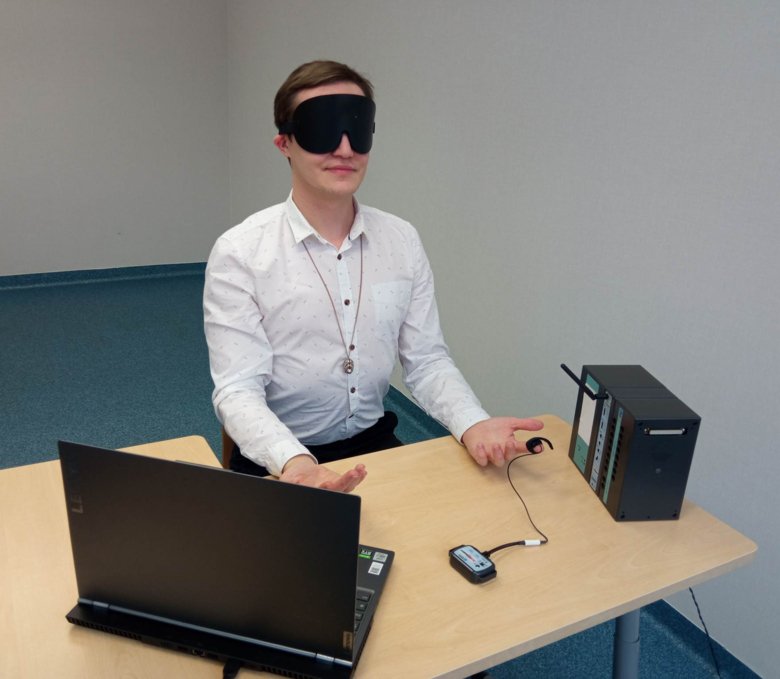 Photo: Julia Korczyk
Photo: Julia KorczykBlind people sense their heartbeats better than sighted
Blind people are better at sensing their own heartbeats than sighted, shows a study by researchers at Karolinska Institutet in Sweden and Jagiellonian University in Poland. The study indicates that blindness leads to a heightened ability in feeling signals from the inner body. The findings are published in the Journal of Experimental Psychology: General.
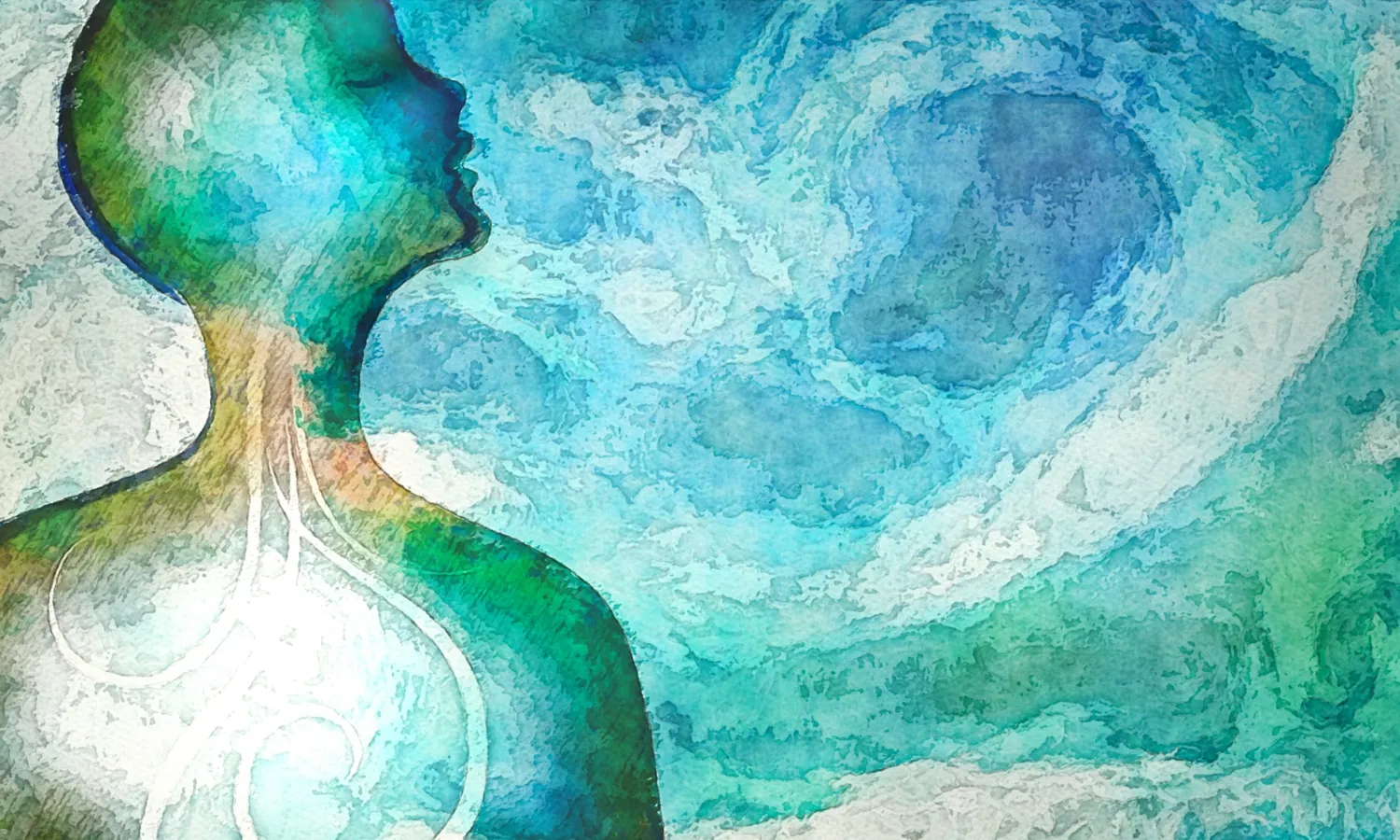 Photo: getty images,Getty Images
Photo: getty images,Getty ImagesBreathing and vision may be linked
Researchers at Karolinska Institutet in Sweden have discovered a fundamental mechanism that affects the size of the pupil, namely our breathing. The study, published in The Journal of Physiology, shows that the pupil is smallest during inhalation and largest during exhalation – something that could affect our vision.
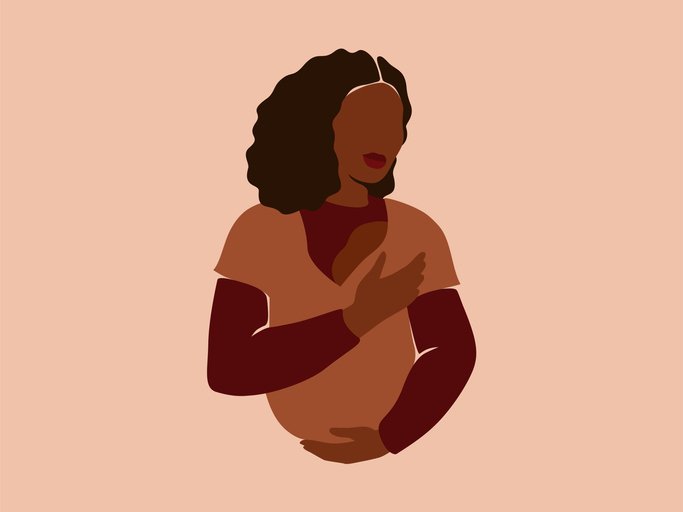 Photo: Getty Images
Photo: Getty ImagesImmediate skin-to-skin contact after birth improves survival of pre-term babies
Continuous skin-to-skin contact starting immediately after delivery even before the baby has been stabilised can reduce mortality by 25 per cent in infants with a very low birth weight. This according to a study in low- and middle-income countries coordinated by the WHO on the initiative of researchers at Karolinska Institutet.
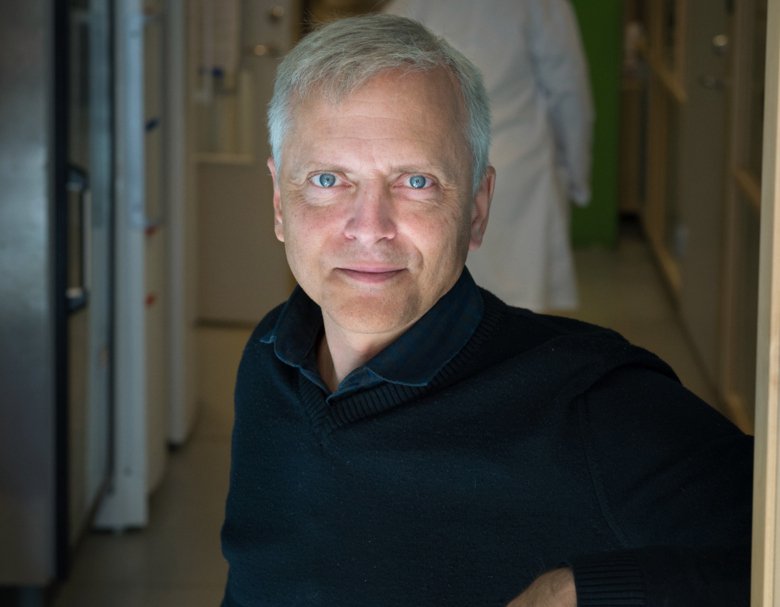 Photo: Gunnar Ask
Photo: Gunnar AskUnexpected mechanism behind chronic nerve pain
Pain causes suffering and leads to great costs for society. In an article in Science, researchers at Karolinska Institutet present a new sensory organ in the skin that detects dangerous stimuli from the environment.
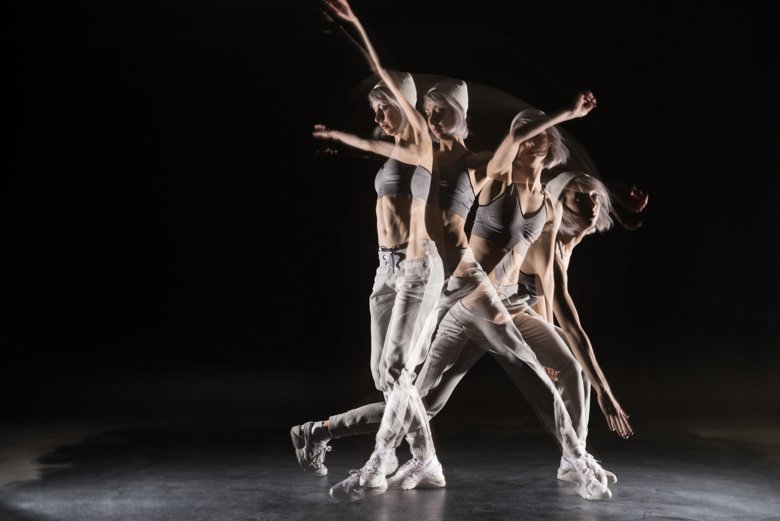 Photo: iStock / Getty Images Plus
Photo: iStock / Getty Images PlusA new look at our “sixth sense”, the sensory link between our movement and motor control
Researchers at Karolinska Institutet have revealed a large diversity of proprioceptive neurons and unveiled a new type of plasticity suggesting neuronal individuality in the nervous system to adapt its performance to changing environment. The article was recently published in Nature Communications.
 Photo: Getty images
Photo: Getty imagesChallenge the sway – curious about balance
To maintain balance, several factors must align. The inner ears and eyes need to send accurate signals to the brain. Good motor skills and sense of touch, especially in the feet, along with a healthy brain, are necessary. It is not surprising that balance disorders can occur, but how should they be treated?
